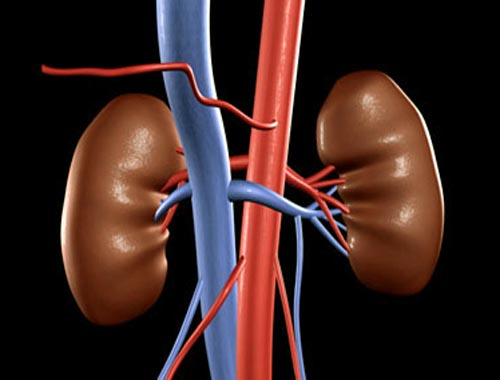
Understanding Blood Work Results: A Simplified Guide
1. Components of Blood Work:
* Complete Blood Count (CBC)
* Basic Metabolic Panel (BMP)
* Comprehensive Metabolic Panel (CMP)
* Lipid Panel
* Thyroid Function Tests
* Other (e.g., Hemoglobin A1c, Vitamin D levels)
2. Common Blood Tests and Their Importance:
Complete Blood Count (CBC):
* Red Blood Cells (RBC): Oxygen transport; low levels indicate anemia, high levels suggest dehydration.
* White Blood Cells (WBC): Immune response; high levels indicate infection, low levels suggest immune deficiency.
* Hemoglobin (Hb): Carries oxygen; low levels suggest anemia.
* Hematocrit (Hct): Percentage of blood occupied by RBC; low levels indicate anemia, high levels may indicate dehydration.
* Platelets: Aid in blood clotting; low levels increase bleeding risk, high levels may increase clotting risk.
Basic Metabolic Panel (BMP):
* Glucose: Blood sugar; high levels indicate diabetes, low levels suggest hypoglycemia.
* Calcium: Essential for bone health and nerve function; abnormal levels may indicate kidney disease.
* Electrolytes (Sodium, Potassium, Chloride, Bicarbonate): Regulate fluid balance and nerve function; abnormal levels may indicate kidney or metabolic issues.
Comprehensive Metabolic Panel (CMP):
* Includes BMP tests plus:
* Proteins (Albumin, Total Protein): Indicators of liver health and nutrition.
* Liver Enzymes (ALT, AST, ALP): Assess liver function; elevated levels may indicate liver damage.
* Bilirubin: Breakdown product of RBC; high levels suggest liver problems or anemia.
Lipid Panel:
* Cholesterol (Total, HDL, LDL): Cardiovascular health; high LDL and low HDL increase heart disease risk.
* Triglycerides: Elevated levels increase risk for heart disease and other conditions.
Thyroid Function Tests:
* Thyroid-Stimulating Hormone (TSH): Regulates thyroid function; high or low levels indicate thyroid disorders.
* Thyroxine (T4) and Triiodothyronine (T3): Hormones produced by the thyroid gland; abnormal levels may also suggest thyroid disorders.
3. Interpreting Results:
* Reference Ranges: Results are compared to established ranges; values outside these ranges may indicate a problem.
* Trends and Patterns: Single results are less meaningful than trends over time or multiple test patterns.
* Clinical Context: Interpretation considers the patient's overall health, history, and symptoms.
4. Communicating with Patients:
* Use Clear Language: Avoid technical terms; explain results in simple, understandable language.
* Visual Aids: Charts or diagrams can help illustrate normal vs. abnormal ranges.
* Explain Implications: Discuss the meaning of results in relation to the patient's health and potential further steps (e.g., tests, lifestyle changes, treatment).
* Provide Reassurance: If results are abnormal, explain next steps and emphasize that abnormal results do not always indicate a serious issue.
5. Follow-Up:
* Further Testing: Abnormal results may require additional testing for diagnosis or clarification.
* Consultation: Encourage patients to discuss their results with their healthcare provider for a comprehensive understanding and tailored advice.
By breaking down the components of blood work and explaining their significance clearly, healthcare professionals can empower patients to better understand their health and make informed decisions about their care.


DDxHub is a concentrator that holds a lot of disease descriptions. It relies on the System knowledgebase to diagnose a health condition.
Differential diagnosis Hub is the System distinguishing of a particular disease or health condition from others.